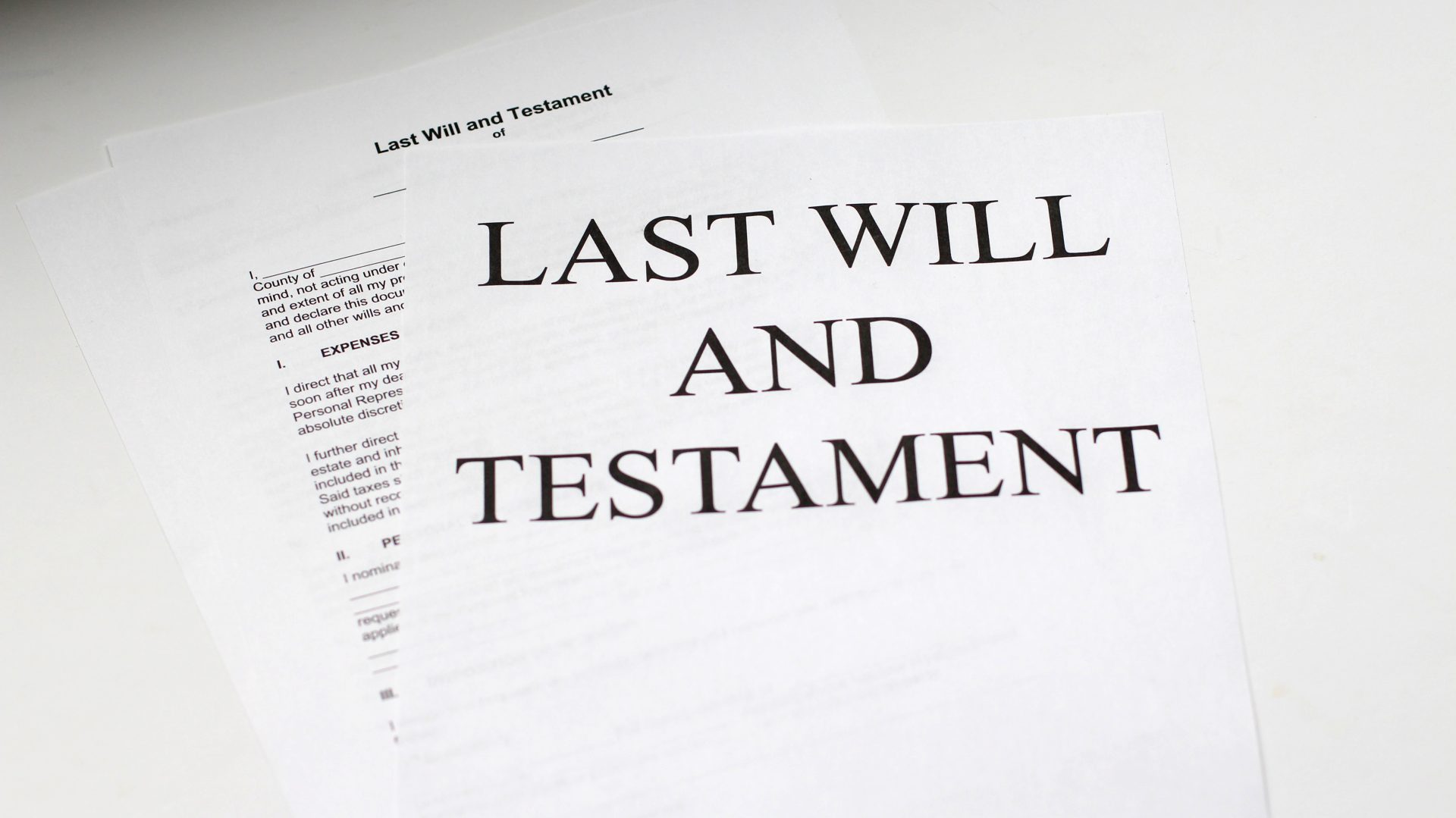Check your will against this list, or let it guide you as you write your will.
By Jennifer Paulson

Talking about your will can feel…uncomfortable. But having a will is an essential component of your family’s financial health should something happen to you. If you have a will, you’re one step ahead. If you don’t, start gathering the following information and find yourself a lawyer to write your will.
A survey published on rocketlawyer.com says 55% of Americans don’t have a will because they “haven’t gotten around to it yet,” 26% are will-less because they don’t think it’s important, and 19% are without a will because they don’t have a lawyer. Don’t let yourself fall into one of those statistics.
Here are five key things you’ll need to get the process started. If you already have a will, be sure it has these five elements.
1. Your basic information. This is the easiest part—your name, address, and the date you signed the will. Be sure to note that the newest version of your will supersedes any past version.
2. An executor. This is the person who’ll ensure that your wishes are carried out as you intended and describe in your will. Not sure how to pick someone? Choose a responsible, honest, financially savvy person who’s close to you, but ideally younger. The sometimes-tricky part is asking the person and them accepting the role, but it’s key to having a functioning will.
3. Distribution instructions. Your will states who gets what in terms of money, property, and investments. Cover everything you own. With today’s plethora of passwords and online accounts, don’t forget to provide a list of login information to deactivate or manage any digital accounts and memberships.
4. Guardianship instructions. It’s hard to think about, but it’s essential if you have kids: Who’ll care for your children if you and your spouse die? Work with your partner to come up with a list of possible candidates, discuss the best fits, and then ask them if they’d be willing to take on the role. The court can then consider your wishes when enacting the wishes of your will.
5. Signatures. Generally speaking, your will requires three signatures: your own and those of two witnesses. Your witnesses attest that you were there, that you weren’t coerced, and that you’re competent to sign. Experts suggest that the witnesses not be listed anywhere in your will to avoid any perceived partiality.
Tips for Peace of Mind
Writing a will can be stressful and difficult, but it doesn’t have to be. Keep these tips in mind.
- If you employ a lawyer to write your will, be sure that he or she is familiar with your business. Working as a horse trainer isn’t a familiar profession in all parts of the country, and there are intricacies only some people understand. A lawyer familiar with your work will help give you comfort that your will covers everything from all angles.
- Keep your will current. When you acquire major assets—property, real estate, large equipment—add the items to your will. You’ll rest assured that those items go to the people or organizations of your choosing.
- Revise your will following major life changes. This is particularly important when your family grows or shrinks, either by death or divorce. Major life changes require an alteration to your will.
- Keep a copy accessible and make sure your executor knows where to find it. If your will is easy to find, you’ll be more likely to keep it current. Additionally, your family and executor will know where to find it if you pass unexpectedly.



